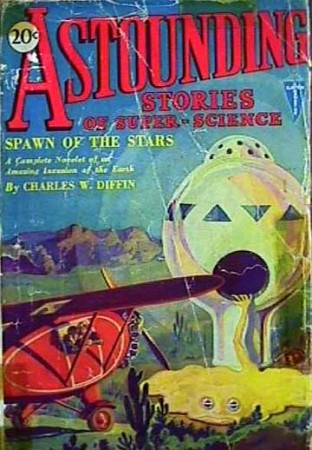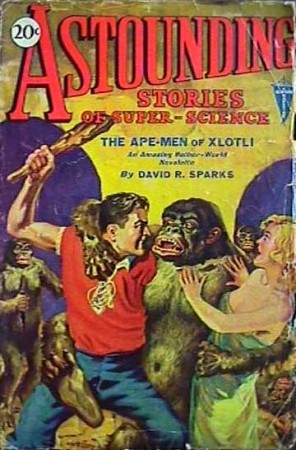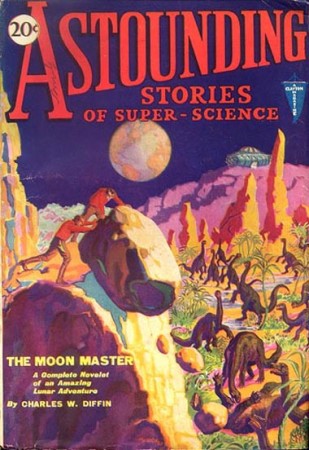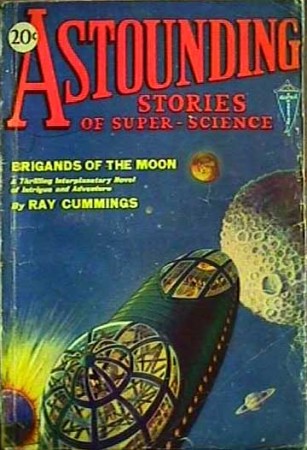With Jussi Parikka, Pau Waelder, Aymeric Mansoux and Mónica Bello. Recorded (VO EN/ES) in Barcelona the 24th of February 2012 as part of the I+C+i Our Life Online session at CCCB.
(more…)
Posts Tagged ‘Internet’
NOP at SPEED SHOW vol.5
Sunday, January 9th, 2011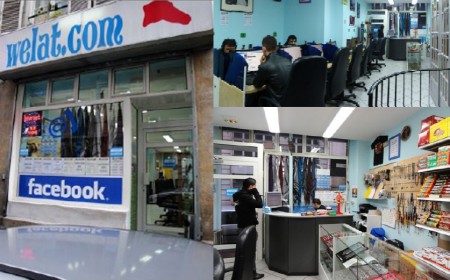
Naked on Pluto will be part of the fifth edition of the Speed Show series! This new release, titled ‘Open Internet’, will be happening in Paris the 13th of January. The event is curated and produced by Aram Bartholl, Marie Lechner & Anne Roquigny. Unfortunately the NOP crew is held hostage by EVr14’s cleaning bots at the moment and won’t make it in time! Please drop by for a chat, an energy drink and some browser based love brought to you by:
Anonymous, Jean-Baptiste Bayle, Christophe Bruno & Samuel Tronçon, Claude Closky, Marika Dermineur, Caroline Delieutraz, Constant Dullaart, JODI, Jérôme Joy, Tobias Leingruber, Aymeric Mansoux & Dave Griffiths & Marloes de Valk, Albertine Meunier, Geraldine Juarez feat. M.I.A., Evan Roth, Systaime, VideOdrome mailing list, La Quadrature du Net (Jérémie Zimmermann).
SPEED SHOW vol.5: ‘Open Internet’
Welat Internetcafe
12 Rue d’Enghien, Paris
13th January 2011
7:00-11:00 PM
More information here: http://fffff.at/speed-show-5/
Plutonian Striptease V: Geert Lovink
Wednesday, September 29th, 2010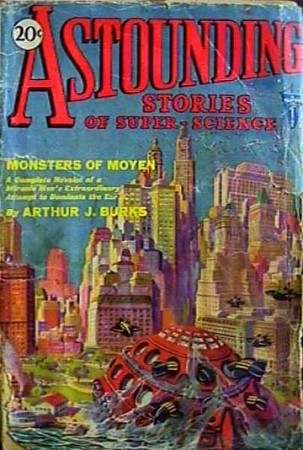
Plutonian Striptease is a series of interviews with experts, owners, users, fans and haters of social media, to map the different views on this topic, outside the existing discussions surrounding privacy.
Geert Lovink, founding director of the Institute of Network Cultures, is a Dutch-Australian media theorist and critic. He holds a PhD from the University of Melbourne and in 2003 was at the Centre for Critical and Cultural Studies, University of Queensland. In 2004 Lovink was appointed as Research Professor at the Hogeschool van Amsterdam and Associate Professor at University of Amsterdam. He is the founder of Internet projects such as nettime and fibreculture. His recent book titles are Dark Fiber (2002), Uncanny Networks (2002) and My First Recession (2003). In 2005-06 he was a fellow at the WissenschaftskollegBerlin Institute for Advanced Study where he finished his third volume on critical Internet culture, Zero Comments (2007).
Social networks are often in the news. Why do you think this is the case?
“Who cares about the internet!” is a phrase I heard kids saying the other day. If only we were there… Internet, the forgotten medium. It is indeed true that I have gotten used to the fact that the internet is overhyped and constantly in news over the past 15 years. Social media is just the latest craze, following terms such as Web 2.0 and the intense reporting around ‘blogging’. We should not forget that part of the urge to report is the fact that these social networking sites are in direct competition with ‘old media’ such as TV and print in terms of the ‘attention economy’ and related advertisement budgets. (more…)
